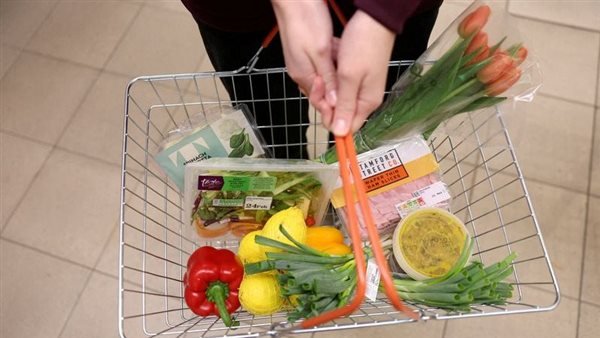
Official data showed on Friday that the inflation rate in Nigeria rose for the second month in a row in October, rising to 33.88 percent on an annual basis from 32.70 percent in September, mainly due to higher food prices.
Inflation accelerated sharply in the second half of last year after President Bola Tinubu devalued the Nigerian currency and cut subsidies in an attempt to boost economic growth and support public finances.
Inflation began to ease in July this year as the impact of the devaluation of the Nigerian currency faded, but a series of gasoline price hikes and severe floods that wiped out crops again exacerbated price pressures, exacerbating the worst high-living crisis in decades in Africa’s largest country. Where the population is.
A report by the National Bureau of Statistics said food price inflation reached 39.16% year-on-year in October from 37.77% in the previous month, due to rising prices of staple foods such as rice, corn, bread, potatoes and cooking oil.
Heavy rains and floods in 29 of Nigeria’s 36 states this year have destroyed more than 1.5 million hectares of farmland, leaving millions hungry and causing mass displacement.
The central bank has raised interest rates five times this year in an attempt to control inflation and is scheduled to announce its final decision on interest rates for this year on November 26.



